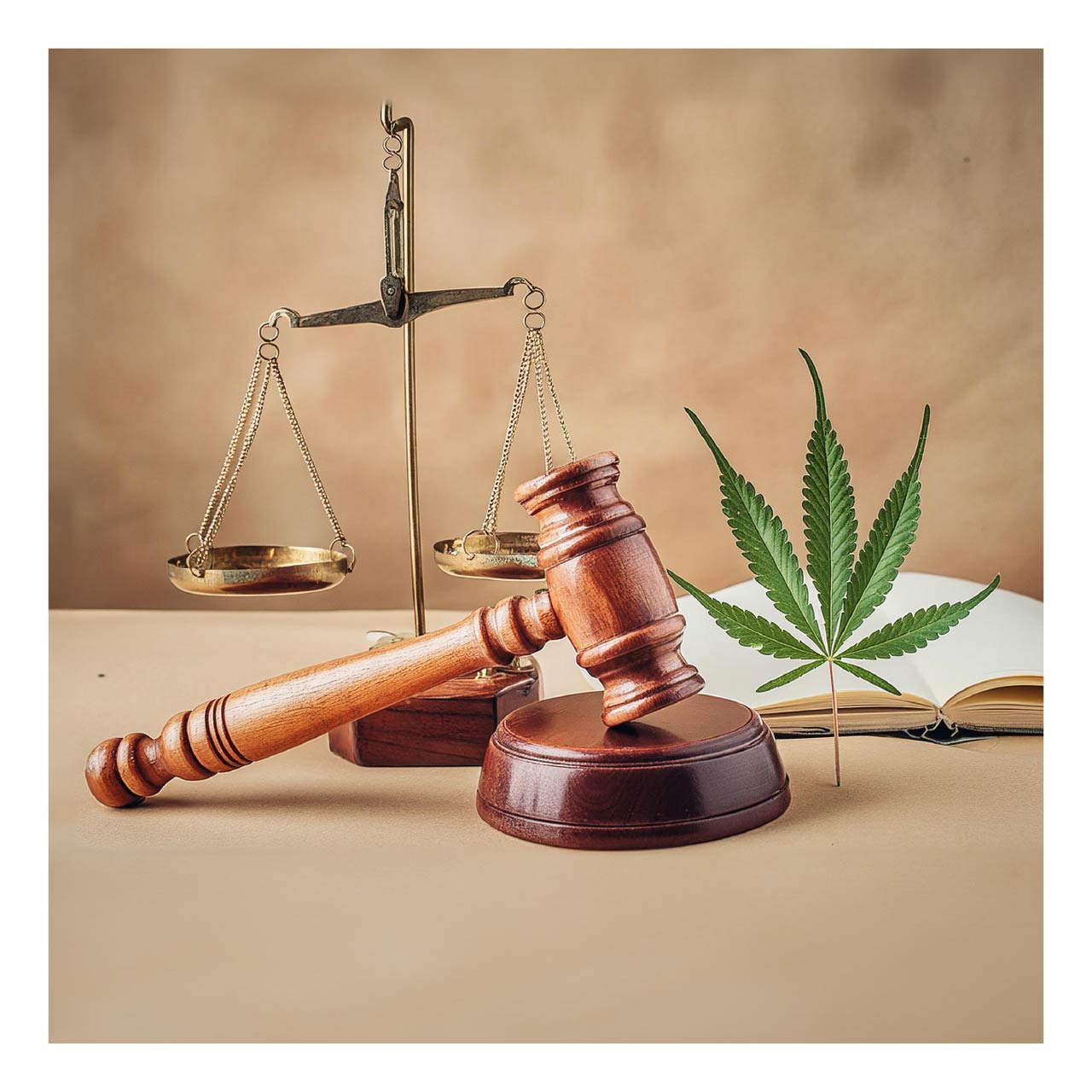June 20, 2024
Legalization of Marijuana and Your Mental Health

As marijuana laws change across the United States, it's important to understand how this affects substance use and mental health. While legalization aims to reduce criminal consequences and regulate safe usage, it also poses challenges, particularly in the areas of availability, potency, and decreased risk perception.
Understanding the Risks
Increased Accessibility: Legalization often leads to greater availability and reduced perceived harm, which can contribute to increased use, especially among adolescents. This age group is particularly vulnerable as their brains are still developing, making them more susceptible to develop addiction and comorbidities including mental and physical health diagnoses.
Mental Health Concerns: Marijuana use has been linked to various mental health conditions, including anxiety, depression, and psychosis. While some argue that marijuana can have therapeutic effects, particularly for conditions like PTSD, it's crucial to approach these claims with caution, as they are largely unsupported by research. Self-medication without professional guidance can exacerbate mental health issues.
Risk of Dependency: Contrary to the belief that marijuana is not addictive, regular use can lead to dependence and withdrawal symptoms. The risk is higher for those who begin using at a young age or have a family history of addiction.
The Importance of Education and Support
With marijuana becoming more accessible, education on its potential risks is crucial. At Dilworth Center, we emphasize the importance of informed decision-making and provide resources for those struggling with substance use. Our programs are designed to address not only the physical aspects of addiction but also the psychological and emotional components.
Adolescent Programs: We offer specialized Intensive Outpatient Programs (IOP) for adolescents, focusing on prevention, education, and support. These programs aim to equip young people with the tools they need to make healthy choices and cope with peer pressure.








